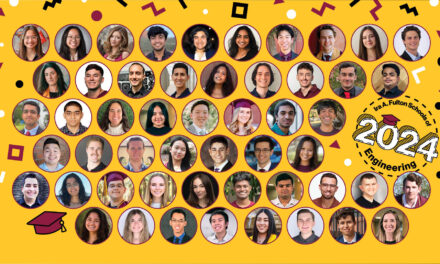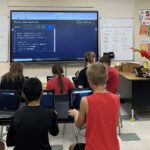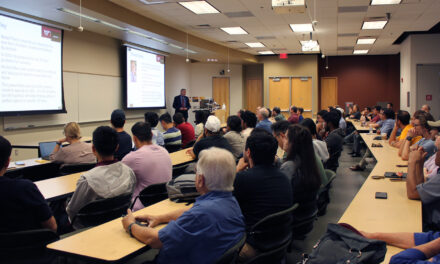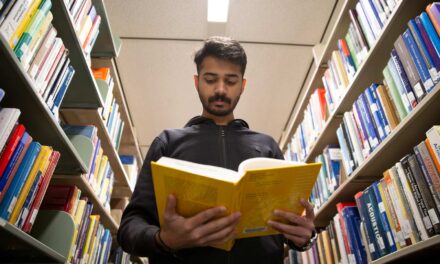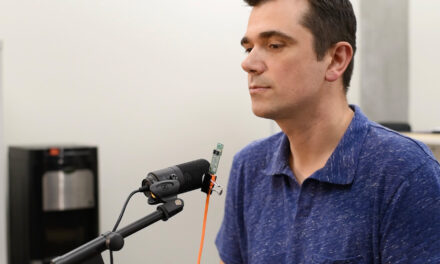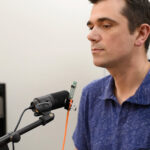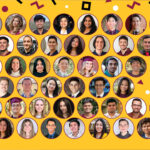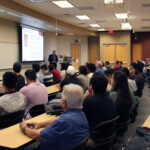
Engineering education in Vietnam transformed by hands-on projects
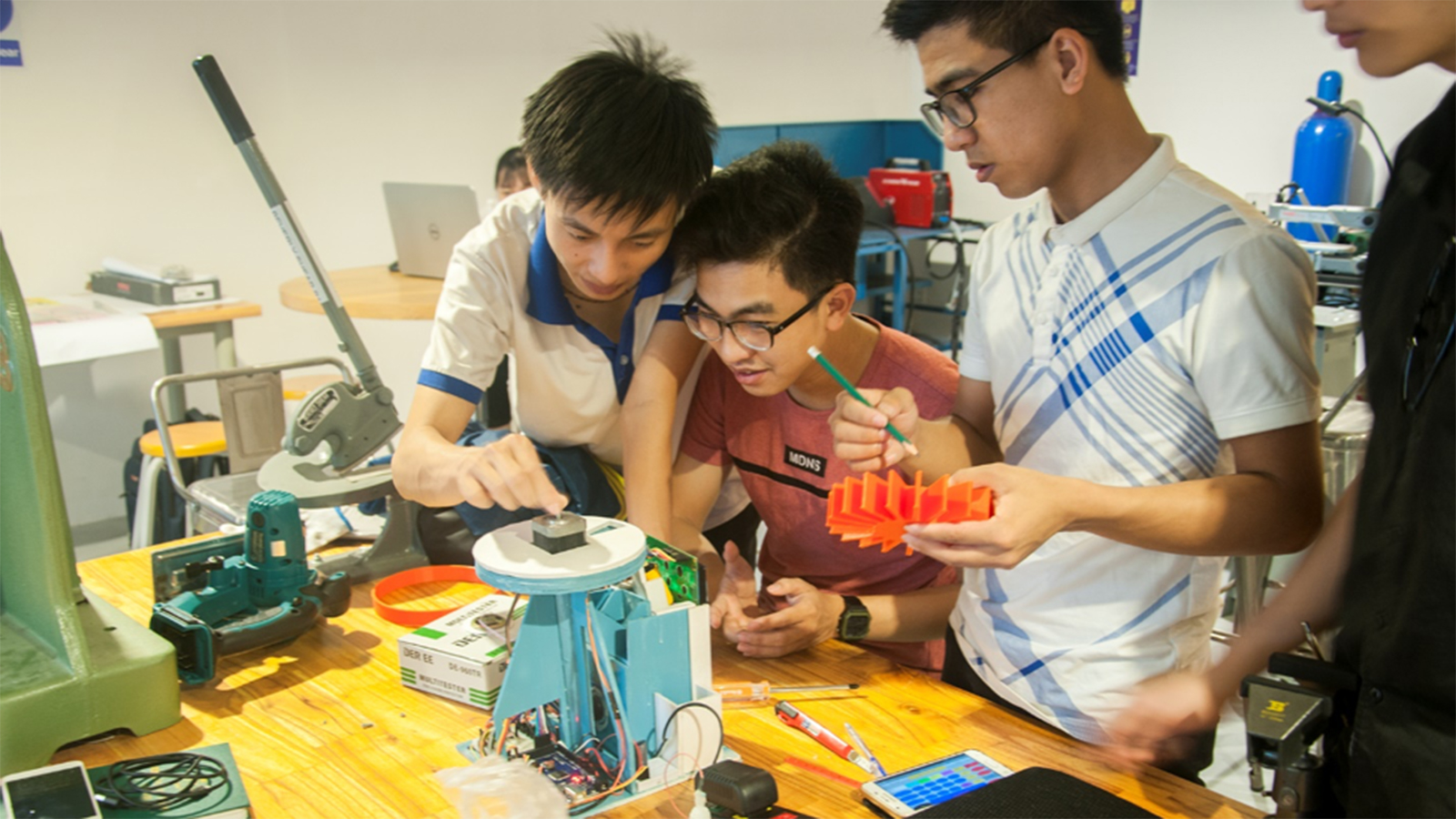
Above: Danang University of Technology students work on protypes in their Arizona State University-supported Maker Innovation Space. Photo courtesy of the Global Outreach and Extended Education office at ASU
The Ira A. Fulton Schools of Engineering at Arizona State University challenges students to solve real-world engineering problems before graduation. Fulton Schools students follow a project-based learning pathway that encourages them to engineer real value through hands-on programs like the Fulton Undergraduate Research Initiative, the Engineering Projects in Community Service program, eProjects and Venture Devils.
ASU is mentoring six Vietnamese engineering and technology universities to integrate hands-on project-based learning programs into their curricula through the USAID Building University-Industry Learning and Development through Innovation and Technology project known as BUILD-IT. Through learning by doing, Vietnamese graduates will gain both the technical and 21st-century skills needed to thrive as professional engineers in Vietnam’s increasingly sophisticated economy.
Over the last five years, ASU mentored the Danang University of Technology to adopt a multi-year curricular pathway that emphasizes 21st-century skills, project-based learning and entrepreneurship. Together ASU and DUT faculty piloted programs modeled after EPICS, FURI, eProjects and Venture Devils for nearly 300 students. During Spring 2019, 11 Fulton Schools students traveled to Vietnam to collaborate with Vietnamese students on the Global EPICS program. DUT’s leadership was motivated to sustain these transformational programs after working with Fulton Schools faculty.
In September, DUT announced a comprehensive new pathway to focus its STEM degree programs on the universities’ shared project models. DUT’s 21st Century Skills Pathway, also called the 21C Pathway, coordinates their academic, administrative and industry advisory units to offer students a similar sequence of hands-on learning programs piloted with ASU. Second-year students will take on a FURI-like project to learn the fundamentals of research through close faculty mentorship. For EPICS and eProjects, third-year students will design real innovations for society and industry. Fourth- and fifth-year students will advance their prototypes to products through a Venture Devils-like incubation program. The 21C Pathway will push students to see their ideas evolve into working prototypes and entrepreneurial ventures.
Much like the programs run at the Fulton Schools, DUT’s 21C Pathway leverages a Maker Innovation Space built in Danang by USAID and ASU. The Danang Maker Innovation Space offers DUT students the high-tech tools and collaborative environment needed to design, build and test their innovations. Pairing the 21C Pathway with the ASU-designed makerspace assures students have the motivation and means to make whatever they can imagine.
Forward-thinking leadership at DUT designed the 21C Pathway to encourage young women to start, sustain and lead applied projects. Through targeted enrollment activities, women’s STEM clubs and gender equity measures, the pathway will develop students who are ready to take on their community’s engineering challenges.
The 21C Pathway is the result of a decade-long relationship between ASU and DUT.
“We’ve both succeeded here,” says Jeffrey Goss, associate vice provost for Southeast Asia programs. “ASU’s model for transformative hands-on learning is spreading to Vietnam, and the Danang University of Technology is better preparing Vietnam’s youth to leverage science, innovation and entrepreneurship to make an impact.”
Written by Deren Temel, program manager for maker innovation and applied projects for the USAID BUILD-IT Alliance






